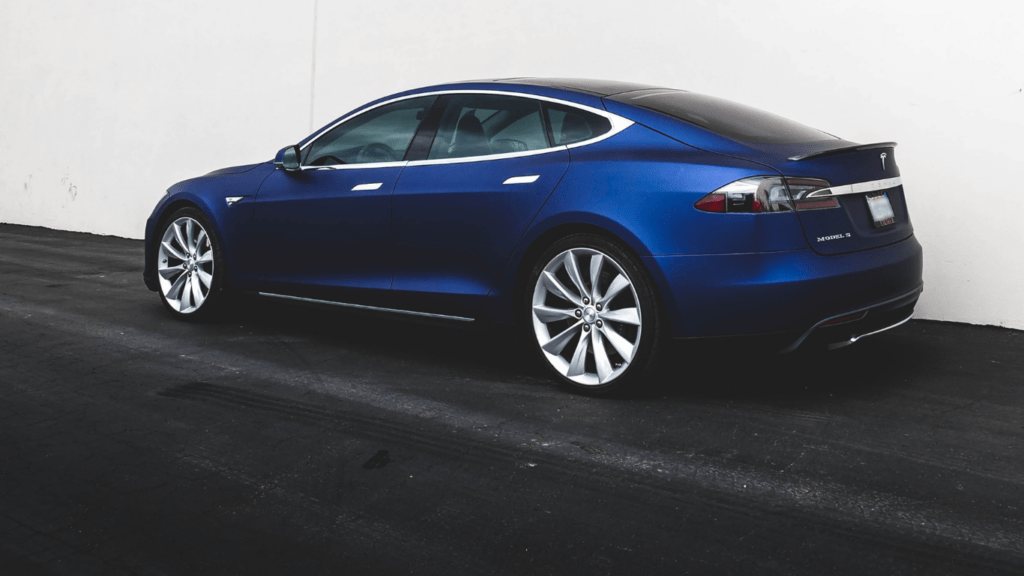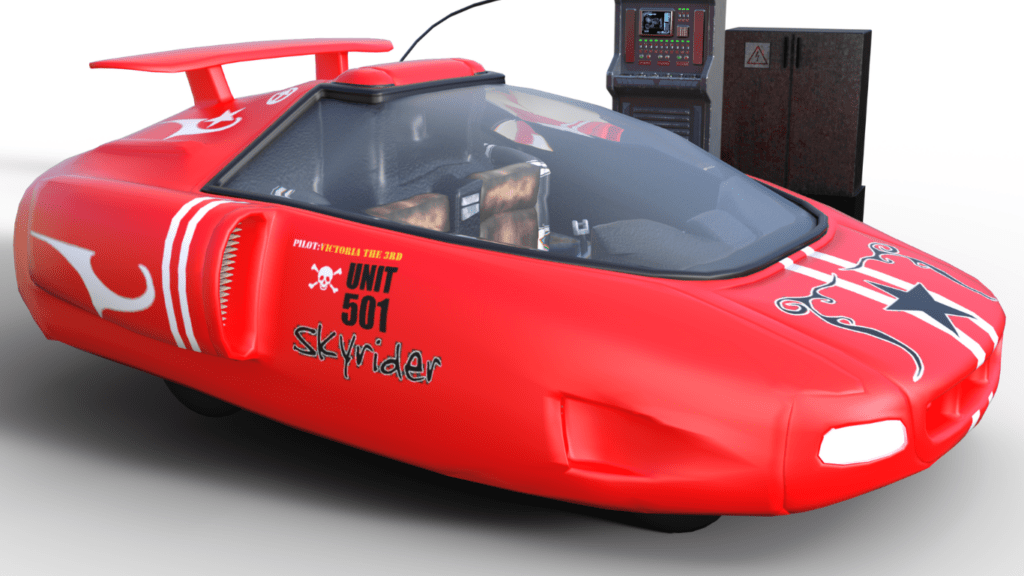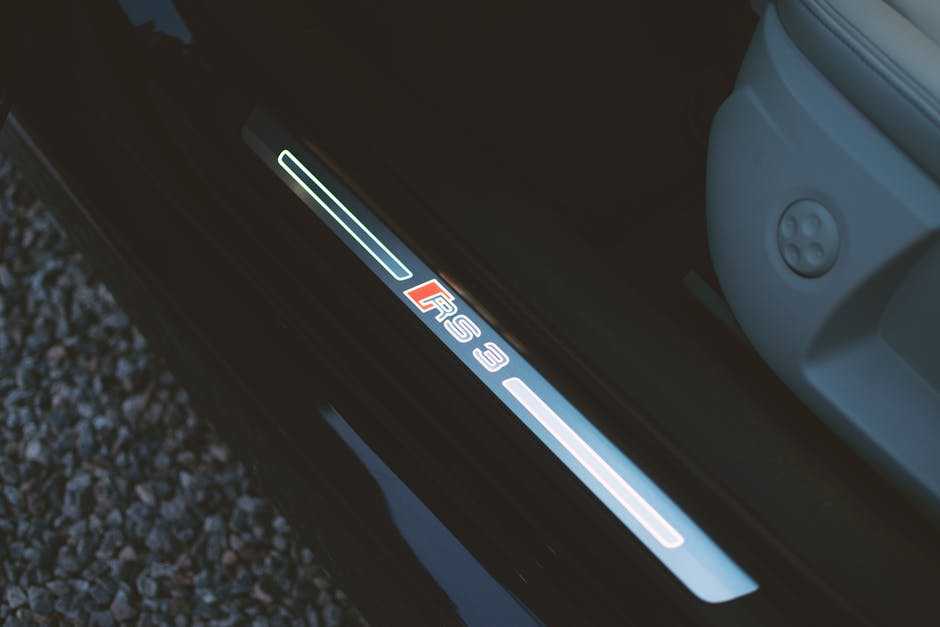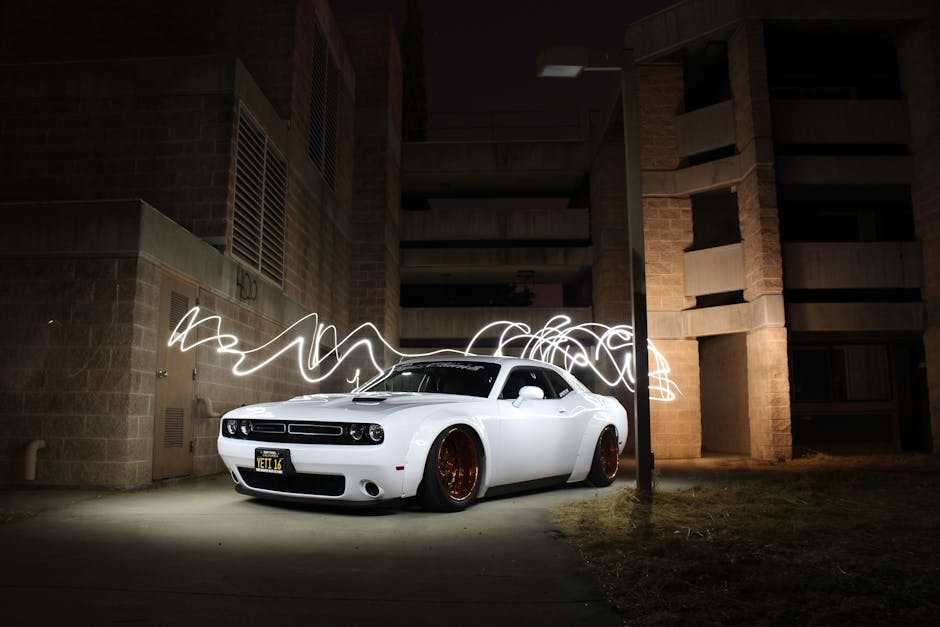Electric Vehicular Revolution
Electric vehicles are significantly altering the luxury car market in 2024. This segment’s evolution reflects in the introduction of high-performance EVs and the drastic expansion of charging infrastructure.
Emergence of High-Performance EVs
Luxury automakers are pushing boundaries with high-performance electric vehicles. Manufacturers like:
- Tesla
- Porsche
- Lucid Motors
are leading this trend. For instance, the Tesla Model S Plaid achieves 0-60 mph in under 2 seconds, showcasing unprecedented acceleration for electric cars. The Porsche Taycan Turbo S combines luxury and performance, delivering 750 horsepower and 0-60 mph in 2.6 seconds. These advancements attract tech-savvy consumers who desire both luxury and speed in their vehicles.
Expansion of Charging Infrastructure
Charging infrastructure is expanding to support the growing number of electric vehicles. Tesla’s Supercharger network leads the way with over 35,000 chargers globally. Other networks, like Electrify America, feature ultra-fast chargers offering up to 350 kW, cutting charging time significantly. Luxury brands like Audi and BMW are collaborating with charging networks to provide seamless integration and convenience for their customers. These developments ensure drivers experience uninterrupted journeys and increased confidence in transitioning to electric vehicles.
Autonomous Driving Technologies
Autonomous driving technologies are advancing rapidly, shaping the luxury car market in 2024. These innovations are redefining the driving experience by enhancing comfort and safety.
Advancements in Self-Driving Features
Luxury car manufacturers are integrating advanced self-driving features. Tesla’s Full Self-Driving (FSD) offers capabilities like automatic lane changes and street navigation. Mercedes-Benz’s Drive Pilot enables Level 3 autonomy, allowing drivers to delegate control in specific conditions. Cadillac’s Super Cruise delivers hands-free driving on mapped highways. These features enhance the convenience and luxury of driving while ensuring high safety standards.
Regulatory Landscape
Regulations are evolving to accommodate and govern autonomous vehicles. The US National Highway Traffic Safety Administration (NHTSA) has issued guidelines and is exploring frameworks to ensure safe deployment. In Europe, UNECE regulations standardize automated lane-keeping systems. Manufacturers must comply with these regulations to implement advanced self-driving features legally. As governments adapt, these regulations will continue shaping the rollout and acceptance of autonomous driving technologies.
Sustainable and Eco-friendly Materials

Luxury car manufacturers are increasingly focusing on sustainable and eco-friendly materials. This shift reflects broader ecological consciousness and demands for premium quality without compromising environmental responsibility.
Innovations in Car Interiors
I see a range of innovations within car interiors, emphasizing sustainability. Many luxury brands, including BMW and Mercedes-Benz, use recycled materials for upholstery and trims. An example is BMW’s iX series, which incorporates recycled plastics and natural fibers. There’s also a growing trend of using vegan leather, such as Tesla’s premium upholstery which is derived from sustainable sources. These materials not only reduce environmental impact but also maintain high-quality standards expected in luxury vehicles.
Impact on Consumer Preferences
Consumer preferences are evolving due to heightened environmental awareness. Many buyers now prioritize eco-friendly options, resulting in increased demand for cars made with sustainable materials. According to a study by Deloitte, 52% of car buyers factor in sustainability when making purchase decisions. This trend influences luxury brands to invest in greener supply chains and materials, ensuring they meet the expectations of eco-conscious consumers while offering premium quality and luxury.
Connectivity and Smart Features
In 2024, connectivity and smart features are set to play a pivotal role in shaping the luxury car market. These advancements are elevating the driving experience through seamless integration and innovative technologies.
Integration of AI and IoT
Luxury car manufacturers increasingly incorporate AI and IoT to enhance vehicle functionality. AI processes vast amounts of data from various sensors to optimize driving patterns, infotainment systems, and predictive maintenance. For instance, Mercedes-Benz’s MBUX system uses AI to provide personalized recommendations and adapt to user preferences. IoT ensures constant connectivity, enabling vehicles to communicate with smart city infrastructure, providing real-time traffic updates, and enhancing route efficiency.
Enhanced User Experience
- Luxury cars now offer a more immersive user experience through advanced connectivity features.
- Touchscreen interfaces, voice-activated controls, and augmented reality (AR) displays are becoming standard.
- BMW’s iDrive system exemplifies this, with its AR-powered navigation that overlays driving directions onto the windshield.
- Over-the-air (OTA) updates ensure that vehicle software remains current, providing continuous improvement and new features long after purchase.
These trends indicate a shift towards smarter, more connected luxury vehicles in 2024.
Customization and Personalization
Luxury car buyers in 2024 seek unparalleled customization. They’re not just buying a vehicle; they’re crafting a unique experience.
Tailor-made Luxury Experiences
Manufacturers offer bespoke options for discerning clients. Brands like Rolls-Royce and Bentley provide tailor-made experiences, from personalized embroidery to unique paint colors. Buyers can choose custom exterior finishes (e.g., two-tone paint schemes) reflecting personal tastes. Interior options include selecting premium materials such as bespoke leather and sustainable woods. These details ensure that each vehicle is a unique extension of the owner’s identity.
Trends in Exterior and Interior Design
2024 showcases a blend of tradition and innovation. Exterior trends lean towards sleek, aerodynamic shapes, integrating advanced lighting systems like adaptive LEDs. Custom wheels designed to match the overall aesthetic add to the vehicle’s unique look. On the interior front, cutting-edge technology meets luxury craftsmanship. Cabin designs prioritize ergonomics and aesthetic appeal, featuring digital display clusters and customizable ambient lighting. Furthermore, the integration of touch-sensitive controls and smart glass technology (e.g., electrochromatic windows) enhances functionality and sophistication.
Luxury car brands are adeptly responding to consumer desires for personalization in 2024. Personalization options and design trends collectively set new standards for what defines luxury in the automotive industry.



 Luxury Lifestyle & Partnerships Manager
Luxury Lifestyle & Partnerships Manager
